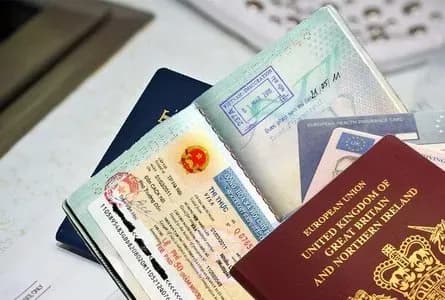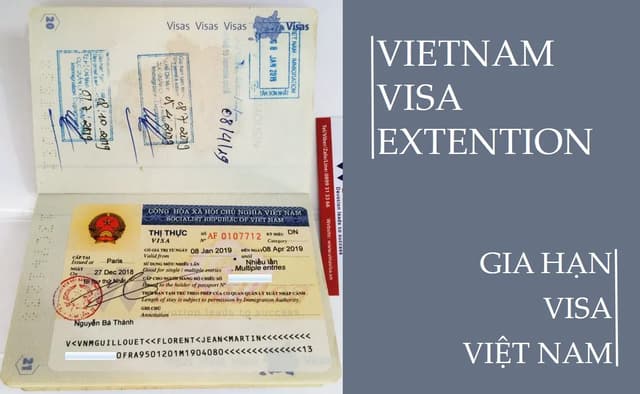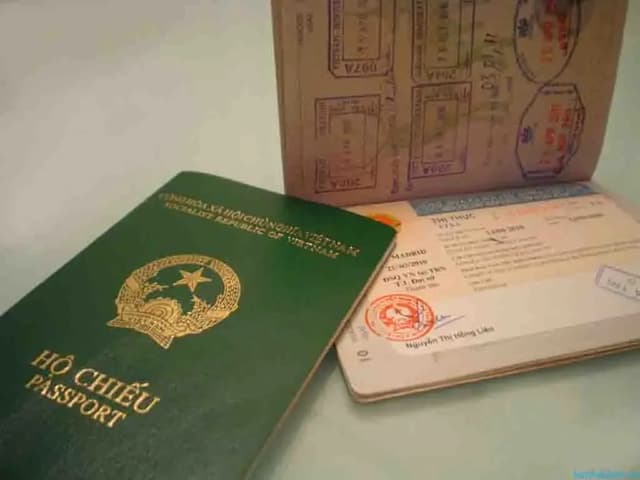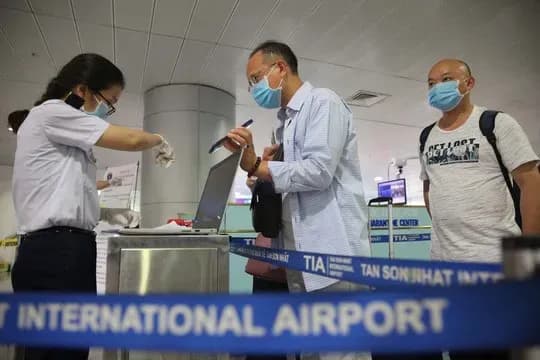Learn about common disputes in construction today
By Hoa Nguyen
15/12/2024
This article provides a detailed look at common disputes in the construction industry today, from contract conflicts, construction quality to payment issues. At the same time, the article also suggests effective dispute resolution methods, helping you minimize legal risks and protect your rights during the construction process.
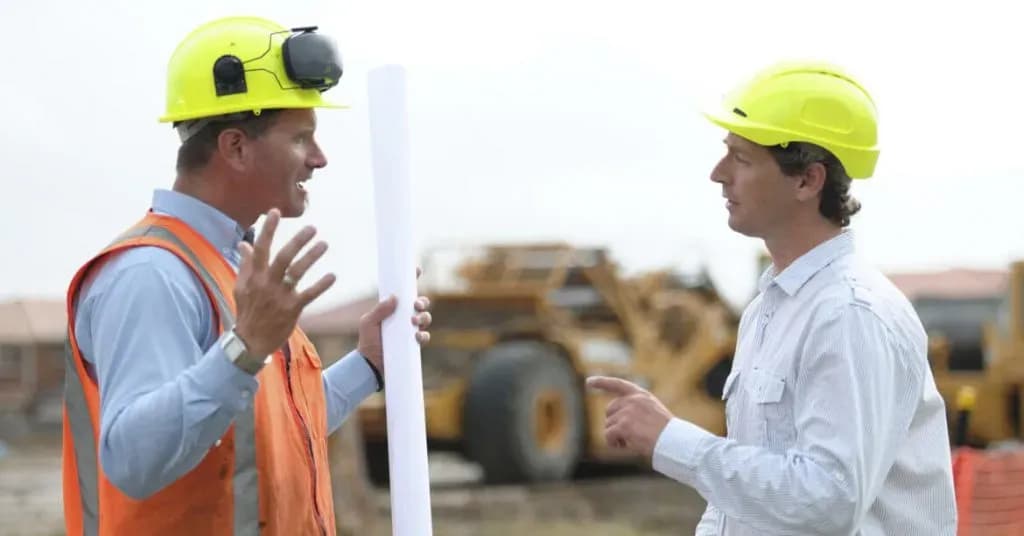
1. First, disputes arise due to breach of payment obligations.
Pursuant to Article 144 of the 2014 Construction Law and Clauses 1, 2, 3, Article 19 of Decree 37/2015/ND-CP:
“Article 19. Payment of construction contracts
Payment for construction contracts must be in accordance with the type of contract, contract price and conditions in the contract signed by the parties. When making payment according to the agreements in the contract, the parties do not have to sign a contract appendix, except in the case of additional work not included in the contract.
The parties agree in the contract on the number of payments, payment periods, payment times, payment terms, payment documents and payment conditions.
The contractor must pay in full (100%) the value of each payment to the contractor after deducting the advance payment and construction warranty fee as agreed in the contract, unless otherwise agreed by the parties.
….”
Thus, in terms of law, the payment terms in construction contracts are clearly stipulated by law. However, in reality, conflicts and disputes related to payment issues in construction contracts are still considered the most common disputes in construction disputes. It is common to see that when contractors have completed their construction obligations under the contract, the Investor does not fully pay for the volume of work that the contractor has performed or finds reasons to make it difficult or delay payment, causing damage to the contractor. For example, in the case where a contractor implements many projects for the same investor, but has not yet settled the contract for this project, the investor continues to cite that a dispute has arisen and therefore does not continue to pay for contracts for other projects also performed by the contractor.
2. Second, disputes over construction progress
In fact, there are many reasons leading to disputes over construction progress. On the contractor's side, it may be affected by subjective and objective factors such as weather and human resources, leading to the contractor having constructed the project but not ensuring the time or quality of the project, having to spend time to fix, repair or even being unable to agree on the fix, repair of the project between the parties.
On the investor's side, during the construction process, the investor may have careless design errors that lead to changes in the original design, leading to disagreements on related work or prolonging the completion time of the project. The investor may also encounter other problems such as capital, delay in approving additional work or delay in handing over the site, then the contractor will complain because they cannot ensure progress, and the delay in progress causes the contractor to incur many costs such as: expert costs, management costs, costs for subcontractors, etc., leading to disputes.
3. Third, disputes over scope of work
During the construction process, the investor may make requests beyond the scope of the contract or arbitrarily change the design and technical standards or other changes that have not been agreed upon by the parties, which is also one of the most likely causes of disputes.
4. Fourth, disputes related to acceptance and handover of works
These disputes are related to the quality of the project. In particular, on the contractor's side, disputes may arise because the parties have not yet determined the construction volume and contract unit price; The arising items have not been submitted with complete documents and have not been approved by the investor; There are no acceptance and handover documents or the payment documents are invalid, the components signed on the acceptance minutes have not been fully guaranteed according to regulations; The person signing the acceptance minutes is not authorized; there is a lack of signature or the documents are not prepared and confirmed by the right authority; The contractor's construction does not meet the quality standards, has errors, and damage that cannot be repaired; Slow progress, etc. often leads to the inability to complete acceptance and handover of the project, from which the investor has the basis to delay or not pay the contractor, leading to disputes arising.
5. Five, warranty disputes
Pursuant to Clause 17, Article 2 of Decree 06/2021/ND-CP regulating construction works warranty built as follows:
“Article 2. Interpretation of terms
Construction warranty is the contractor's commitment to the responsibility to fix and repair within a certain period of time any damage or defect that may occur during the exploitation and use of the construction work."
According to the provisions of the law on construction, the warranty period for construction items and construction works is from 12 months or 24 months or more (depending on the level of the work and the investment capital) from the date of acceptance and putting into use. Accordingly, to ensure the warranty, when signing the contract, the parties agree to retain a certain percentage of the contract value (usually about 3% to 5%) to ensure the warranty obligation of the work. In case after putting into use, during the warranty period, the investor discovers some technical errors of the work and requests the contractor to repair those defects, however, the contractor does not perform or does not fully perform, does not ensure the warranty obligation but intentionally prolongs the time until the end of the warranty period to request the investor to pay the remaining amount, leading to disputes between the parties.
6. Sixth, Disputes due to one party unilaterally terminating the contract before the term
During the construction process, the investor and the contractor inevitably have conflicts of interest, do not properly perform their obligations in the contract, or for personal reasons, one of the two parties terminates the contract before the deadline. This is a type of dispute that often occurs with all parties (the investor or the contractor). When one of the two parties terminates the contract, damage may occur to the other party. As a result, one party will request a penalty for breach of contract, request compensation for damage caused by the breaching party.
7. Seventh, disputes over policy changes from competent authorities
All approvals by investors in construction projects are related to many different laws such as the Law on Audit, the Law on Inspection, the Law on Construction and have specific regulations such as norms, unit prices, etc., which also require consulting with many Ministries and Branches, leading to delays in responding to contractors. Currently, each Law has different regulations and adjustments, there are cases where the regulations overlap, for example, construction contracts currently have 4 regulations: Civil, Bidding, Construction, Commercial Law, but each law has different regulations, which makes it difficult for contractors and investors to operate. Therefore, this is also one of the reasons why items are not implemented or not implemented on schedule, causing disputes between the parties.
Vietnam visa application service for foreigners
By Hoa Nguyen
16/10/2024
Our Vietnam visa application service provides a quick and convenient solution for foreigners who need to enter and temporarily reside in Vietnam. We provide short-term and long-term visas for tourism, business, investment and visiting relatives. With a simple and professional process, we ensure to save time and bring satisfaction to customers. Contact us now for support!
Extend Vietnam visa procedures for foreigners
By Van Vu
16/10/2024
Extending Vietnam visa for foreigners is one of the important services to ensure legal residence in Vietnam. We provide a fast and simple visa extension process, suitable for various types of visas such as tourism, business, and visiting family. With attentive and professional support, we commit to bringing convenience and peace of mind to customers during the visa extension process. Contact us for detailed advice and support on extending Vietnam visa procedures.
Procedures for applying for visas for foreigners working in Vietnam
By Van Vu
16/10/2024
This article provides detailed instructions on the procedures for applying for visas for foreigners working in Vietnam, including short-term and long-term visa types, as well as corresponding conditions and expiry dates. In addition, information on legal regulations and necessary documents is also provided to support foreign workers and businesses in carrying out procedures effectively and legally.
Visa issuance for foreigners at international border gates
By Van Vu
21/10/2024
According to Article 18 of the Law on Entry, Exit, Transit and Residence of Foreigners in Vietnam 2014, the issuance of visas at international border gates for foreigners is regulated in detail.

